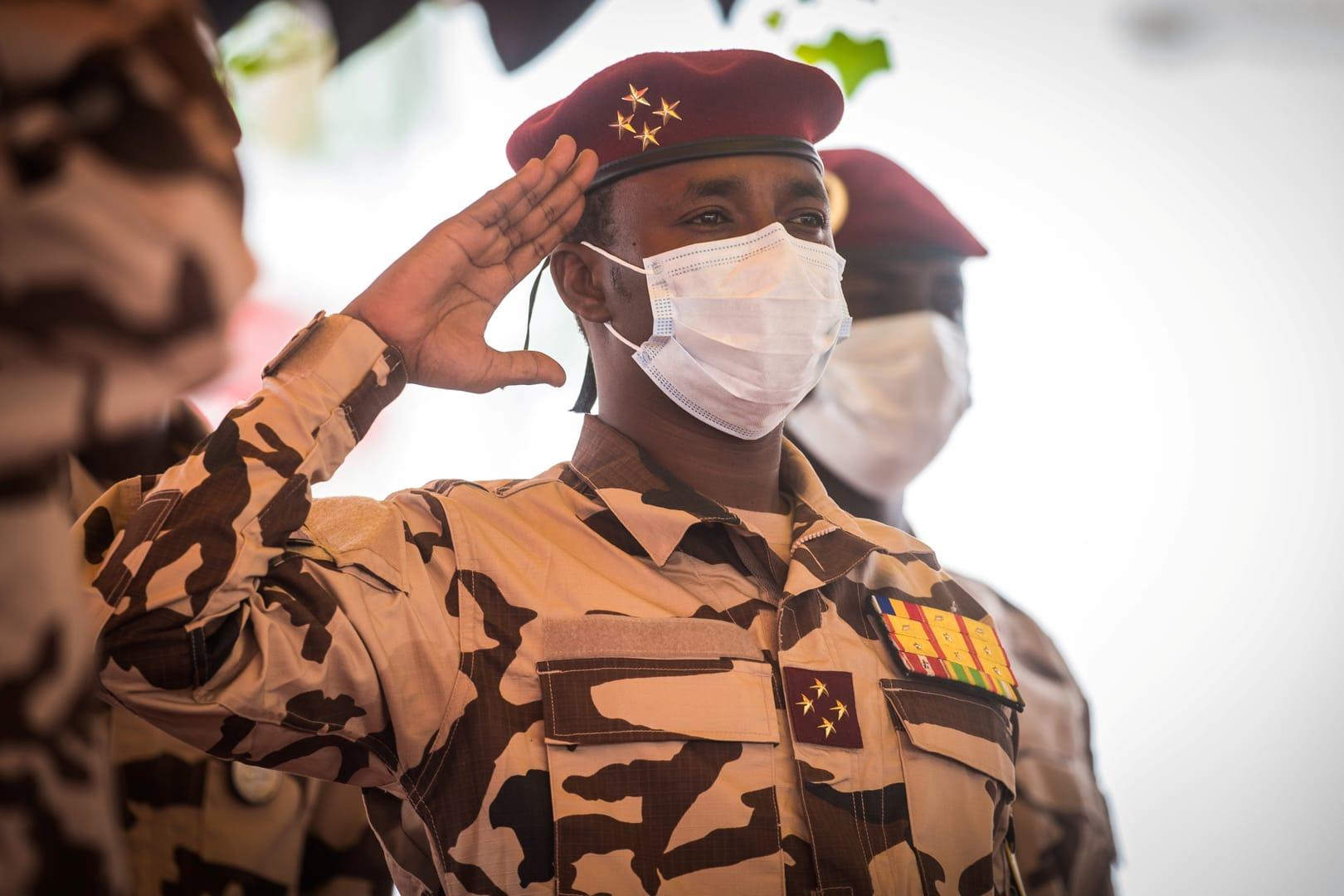YAOUNDÈ, Cameroon – An alliance of around 20 rebel groups in Chad has rejected a statement by the Economic Community of Central African States, ECCAS, that seems to endorse the Transitional Council – the body governing the country after the demise of President Idriss Deby Itno.
In an October 26 statement, the President Felix Tshisekedi of the DRC, who is also the Chair of ECCAS, admitted that violence in Chad had resumed with a vengeance and that the “street has resumed speaking loudly: Death of men by the dozen.”
He was making reference to recent street protests against Mahamat Idriss Deby Into – the former president’s son who assumed office after the death of his father on April 20, 2021. At the time, he promised a return to civilian rule within 18 months.
At least 50 people were killed in the Oct. 20 protests, one of Chad’s worst civil disturbances in recent history.
Tsisekedi said “the challenge to be met is major, because it is now a matter of putting the transition back on track with the Chadian people, taking into account both their aspirations and the values and ideals of the African Union and ECCAS.”
The alliance of rebel groups has called the statement “hypocritical and cynical,” and noted that the rebels “oppose any maneuver aimed at perpetuating illegal and illegitimate governance and the perpetuation of barbarism” in Chad.
The Chad Conference of Catholic Bishops has expressed concern that the impoverished Central African country could slip back into the dark chapters of its violent past.
In a statement by the vice president of the bishops’ conference, Bishop Joachim Kouralyeo Tarounga of Moundou, condemned the deaths that happened on Oct. 20, and said the toll could have even been higher.
The bishops condemned the crackdown on protesters, saying they were “incensed” by the development, and along with other Catholic organizations and civil society groups called on the government to end the suppression of dissent, a right accorded to Chadians by the country’s constitution, and international treaties to which Chad has agreed.
“The bishops’ conference of Chad notes with pain and bitterness that once again the blood of the sons and daughters of Chad was shed on October 20, 2022, during a demonstration that was intended to be peaceful but was violently repressed,” said Tarounga.
“It expresses its regret and indignation at this situation, which has caused so much loss of life and property. It denounces this unjustifiable violence against a population already stricken by floods and vehemently protests against these violations of human dignity.”
Chad is a religiously diverse country located in the Sahel region of Africa, which divides the predominantly Arabic speaking North Africa from Sub-Saharan Africa. A little over half of the country is Muslim, with Christians making up about 45 percent of the population. A fifth of the total population of 18 million is Catholic.
The International Federation for Human Rights to the Economic and Monetary Community of Central Africa (CEMAC), has also joined in the condemnation.
“Every day, we receive information from parents or victims who come to us to talk about torture. Schools have become open-air prisons. Every morning, we see ambulances taking away bodies and bringing them to the morgue. Every day we see people covered in blood who tell us that they have been beaten by the police. It is an untenable situation. I don’t know what can justify such a rampage by the forces of law and order against citizens,” said CEMAC representative Dobian Assingar.
As the situation seems to get worse, the country’s bishops have urged various actors to exercise restraint, noting that it was “deeply concerned about the situation in the country, and urges all political actors, as well as the defense and security forces, to give priority, in all circumstances, to sincere dialogue and respect for the dignity and sacredness of human life.”
“The CBC invites all Catholic Christian communities and institutions, the faithful of Christ, believers, and men and women of good will, to pray unceasingly for the reconciliation of hearts in order to promote peace in the country,” said Tarounga.













